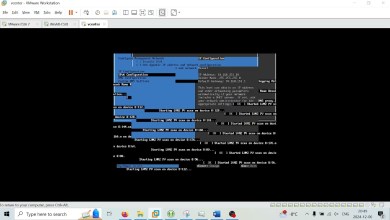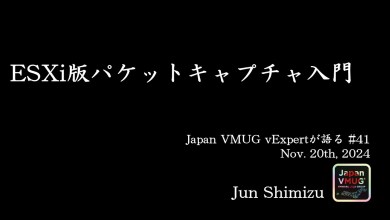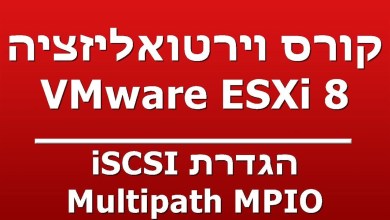Remembering Leo Szilard – A Conversation with William Lanouette
Bill Lanouette is the author of the definitive biography of the Hungarian-born American physicist Leo Szilard. Szilard was one of the most creative and far-seeing minds of the 20th century, imagining before anyone else both the reality of nuclear weapons and the seismic political and social changes that would be needed to contain them. As a multidisciplinary thinker without parallel, he contributed deeply to physics, engineering, politics and biology, while having original opinions on virtually every other subject.
Szilard wrote the famous letter that Einstein sent to President Franklin Roosevelt warning about German’s possible efforts to develop an atomic bomb, started an organization to help Jewish refugee scientist find jobs, tried to argue for international control during his work on the Manhattan Project, went straight to the top to convince leaders like FDR, Truman and Khrushchev to work together to secure the peace and, by acting as an “intellectual bumblebee”, inspired the pioneering work of thinkers as diverse as Claude Shannon, James Watson, Francis Crick and Francois Jacob.
As you will hear, Leo Szilard loved to create new institutions. In 1933 in London, he helped found the Academic Assistance Council to help settle scholars fleeing fascism; an institution that thrives today as the Council for Assisting Refugee Academics. In Chicago in 1945 he helped start The Bulletin of the Atomic Scientists to educate the public about the dangers of nuclear weapons. In 1957 he helped found The Pugwash Conferences on Science and World Affairs, which received the 1995 Nobel Peace Prize for its arms control achievements. In 1960 Szilard met with Soviet premier Nikita Khrushchev and gained his assent to the idea of a Moscow-Washington Hotline for direct communications between the Kremlin and the White House in case of a nuclear crisis. And in Washington in 1962 he created The Council for a Livable World, the first political action committee for arms control. And to advance science he inspired creating The Salk Institute for Biological Studies where he was one of its first fellows. And he proposed the European Molecular Biology Organization that opened in 1964 in Heidelberg, Germany.
But unlike many of his famous contemporaries, Szilard remains the “genius of the shadows”. Bill and I have a conversation about this remarkable man’s life and legacy and his enduring lessons for our time.
0:00 – Szilard’s background
17:00 – Education, friendship with Einstein
28:00 – The chain reaction, helping refugees
41:00 – Peripatetic years, Einstein-FDR letter
55:00 – First nuclear reactor with Fermi
1:02:00 – Manhattan Project troublemaker
1:14:00 – Foray into biology, Cold War peacemaker
1:29:00 – Final years and legacy
[ad_2]
source



